Meet the golf club managing director: Michael Longshaw
The MD of Brocket Hall, and CEO of International Golf & Resort Management, details how the famous golf venue has been restructured in the last two years, dealing with heatwaves, industry recruitment issues and the cost-of-living crisis in the past 12 months, and hosting the inaugural Rose Ladies Open at short notice in 2022.
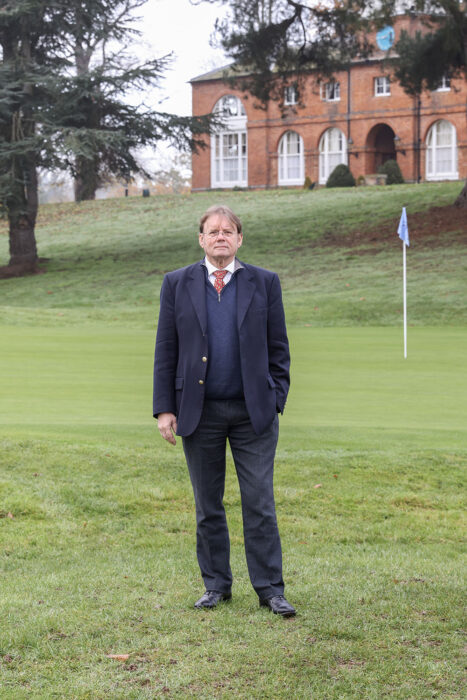
Michael Longshaw
You’re both the managing director of Brocket Hall and the CEO of International Golf & Resort Management (IGRM) – can you tell us about IGRM?
IGRM is a management company initially founded to operate integrated golf resort developments due to our expertise in that field. We specialise in providing owners and developers with operational management expertise, and insight for new-build golf resort developments internationally. With historic projects in Vietnam, China, Italy and the Caribbean, we currently have projects in various developments in Portugal, Brazil and the Caribbean.

Although we have limited operational facilities under our control, following the successful turnaround of Brocket Hall, we will be continuing to explore management and development opportunities throughout the UK.
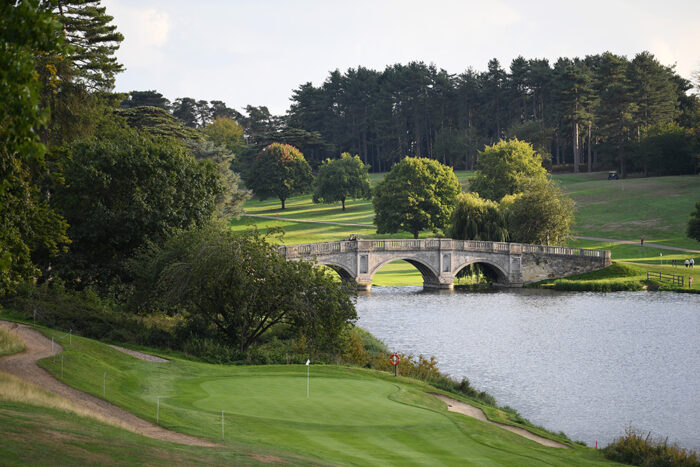
Brocket Hall has had quite a tumultuous history. Could you take us through it, and what has happened since early 2020 in which financial stability appears to have been achieved?
A lack of investment in the facilities at Brocket Hall for many years had led to a decline in the business. Following a change in the ownership that had operated the business for many years, a relaunch of the club commenced in September 2018.

However, it was only following a radical restructuring of the business in 2020 – largely as a result of the restrictions imposed by Covid – that the improvements initiated in 2018 started to have a positive impact on the business. The growth of the membership by over 600 from 2020 to today’s level of circa 950 has stabilised the business and allowed us to reinvest in the two courses and associated facilities. We plan to continue with the essential upgrade work necessary to support the members’ requirements and expectations in the golf club. We are also preparing for the reopening next year of parts of the estate that have been closed for the last three years following the initial lockdown in March 2020.
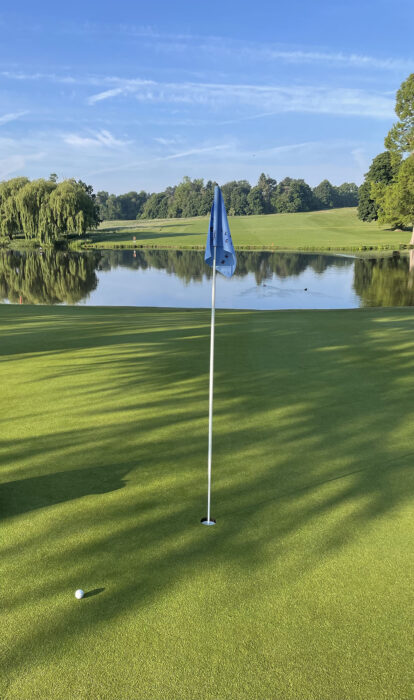
The sale of the club took place just before the first 2020 lockdown. How concerned were you for the future when the pandemic started and what changes in golf participation have you seen since?
The transition of the business to a new ownership company was successfully completed in January 2020. However, with the closure of the estate due to the pandemic no development was – or could be – initiated. On a positive note, (with the complete closure of all parts of the business initially; hall, lodge, restaurant and clubhouse, and then the subsequent uncertainty with regard to the possible reopening of accommodation and restaurants) the pandemic allowed us to focus on the golf operations whilst the more labour-intensive parts of the business remained closed.
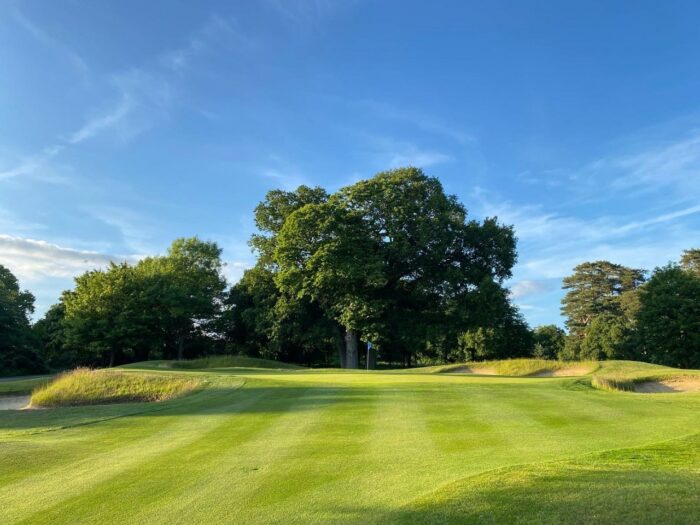
We took this opportunity to invest in product improvements whilst the other sectors of the business remained closed during various restrictions. As most other golf clubs are finding, the large initial increases in golf participation we experienced post-pandemic have now started to revert to more historically normal levels. I would anticipate that this trend will continue until it stabilises closer to what was previously considered the norm.
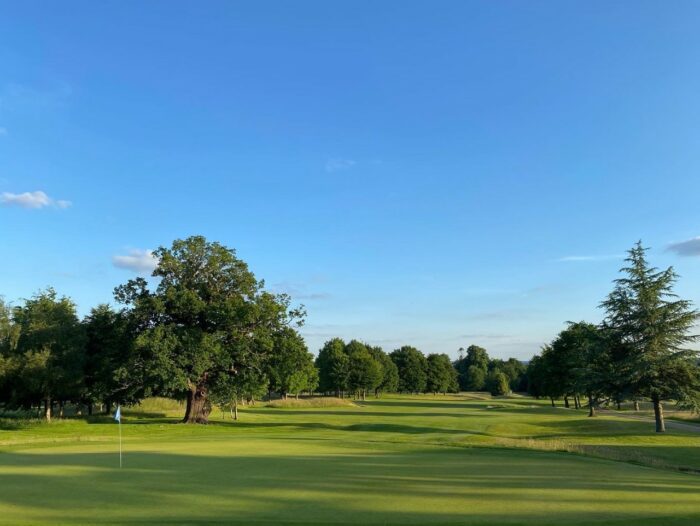
On an extremely positive note, there has been an influx of younger golfers and through the club we are very active in supporting initiatives that will allow the younger golfer to remain more active. We have also seen a broader range of golfers and family members becoming involved in the club, a trend that will continue as golf clubs extend their offering to more than just golf.
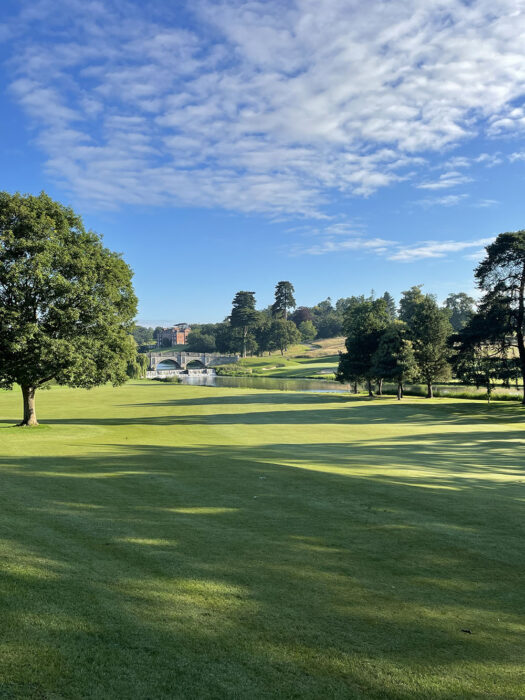
Being in Hertfordshire, how did the courses cope with the 2022 drought?
Many of the courses in Hertfordshire were in serious difficulty during this period with the exception being those that had access to mains water and with the resources to meet the cost of watering their course or courses throughout the period.
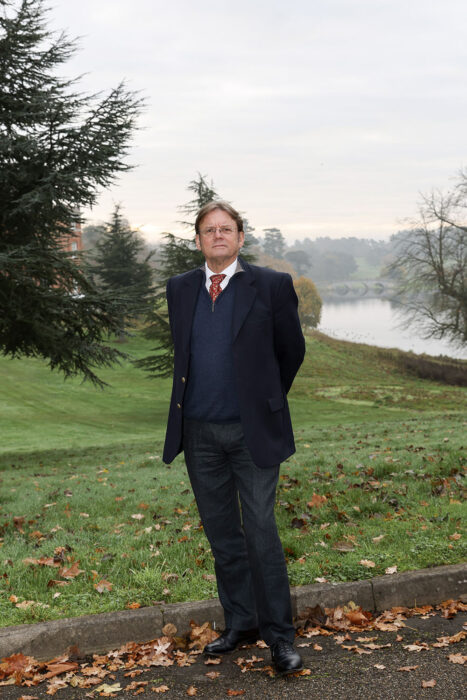
We were totally reliant on our own borehole water reserves during the summer period. This required us to be extremely cautious and diligent with the control and management of our water resources. In order to comply with the government restrictions placed upon us, we were forced to leave some areas of the courses without water for an extended period. Some areas of the estate resembled the grasslands of the Serengeti, fortunately without the lions!

I am pleased that the recovery plan has been very successful with an intensive overseeding programme we undertook as soon as the weather started to turn and the great efforts from the greenkeeping team who have worked tirelessly both during and after the drought to ensure the courses were kept up to the standard that our members expected. There was additional pressure on us during this time as we were committed to hosting the inaugural Rose Ladies Open, supported by Justin and Kate Rose, on the LET Access Series in September so the Melbourne Course in particular had to be tournament ready – which it was. Throughout the drought period it was noticeable that the membership was very supportive of all the efforts being made to ensure that the courses remained playable.
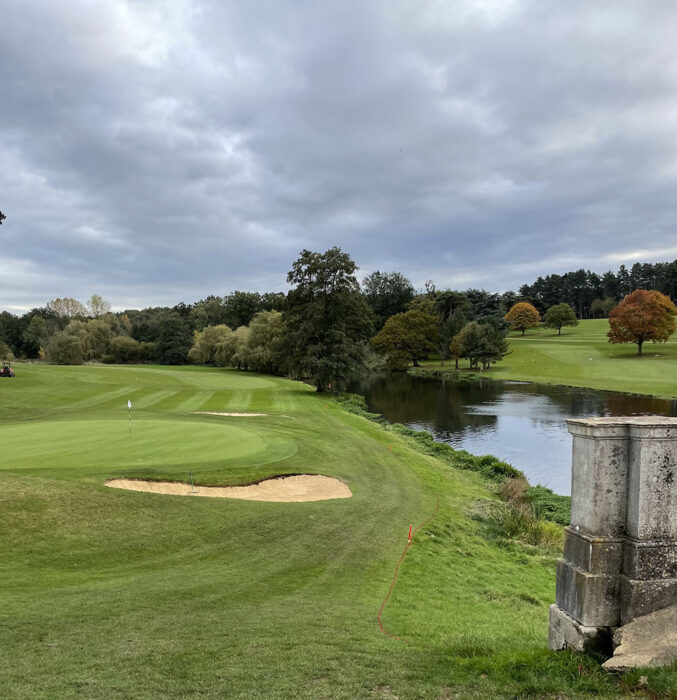
Is the cost-of-living crisis having an impact on the running of the club?
The cost-of-living crisis is the culmination of an extremely challenging two years for the business and we are certainly seeing an impact on business at the club. However much of this is as a result of the difficulty that all businesses in the hospitality and leisure sector have faced with a return to full operations whilst dealing with recruitment issues following an extended shutdown and sporadic reopening following Covid.
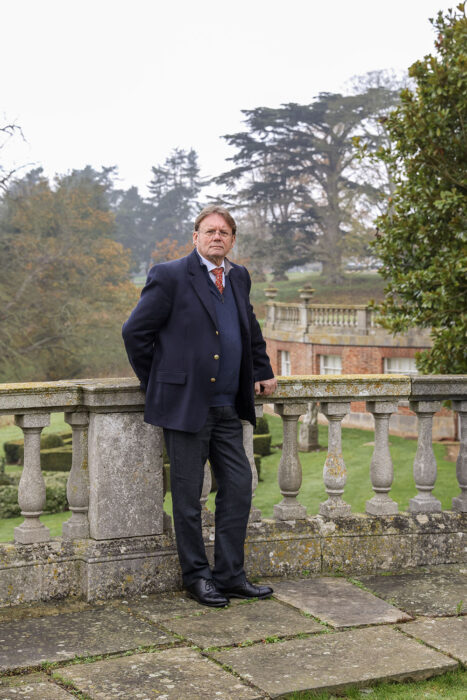
Members are noticeably more cost conscious than previously even though we had held our prices throughout the period of VAT relief. The increases since then due to higher supply costs have been commented on, albeit most members have been accepting of the need to raise prices due to cost increases.
We made an early decision to adjust salaries for our personnel to assist with retention and to provide a level of security for them and this has had a positive impact. However, we are still finding it difficult to identify and recruit skilled personnel in a number of roles. Although this is always a challenge, our focus is on providing the environment that will encourage individuals to join us because of the range of facilities we have available and the opportunity there will be for self-development as the golf club and estate generally seeks to become a ‘Centre of Excellence’ across all its areas of business.
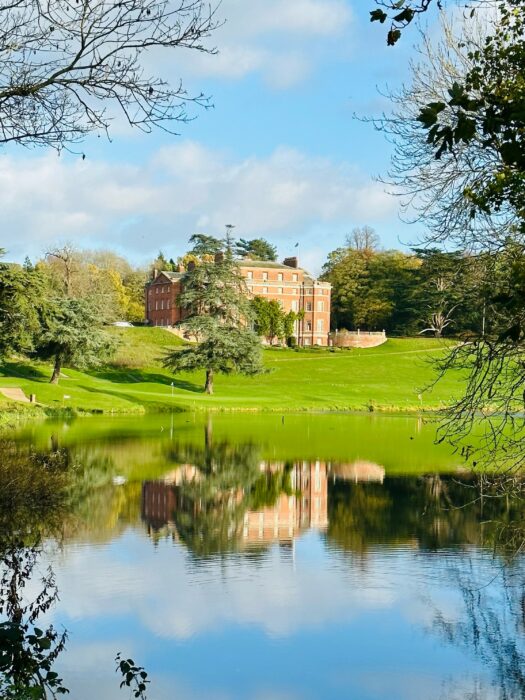
Delays in the supply of equipment impacted operating standards as we have been reliant on using whatever resources we have been able to secure. However, this now appears to be easing, although I anticipate that this winter will be the last straw for many of the small companies that have tried so hard to maintain a pipeline of business during the last 18 months.
I anticipate that there will be no consistent and sustainable recovery until 2024. As such our focus in the coming months will be on improving service standards and ensuring that we are maintaining a high level of member satisfaction across all aspects of the club. Member retention will be key to ensuring the stability of the business.
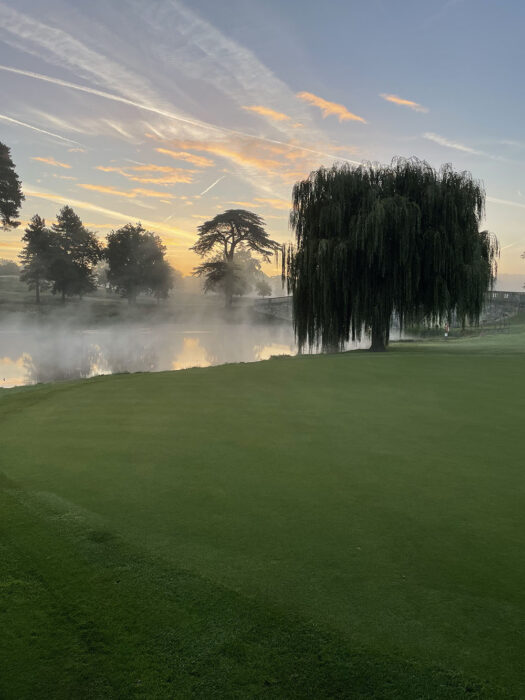
How did the club’s association with the Rose Ladies Open come about? What else does the club do to encourage female participation?
One of the club’s cornerstone policies is to support and encourage the growth of golf, specifically through the support of junior and women’s golf. So when asked if we would be interested in hosting the event at relatively short notice, the answer was a resounding yes, although this immediately threw up the challenges of how to fit an event of this importance into the club’s already-busy calendar without adversely affecting our members or the event. Brocket Hall hosted the Laura Davies International on the LET back in 1999 so we were more than happy to continue the tradition of supporting the women’s professional game.

The club has also been a host for junior events such as the Faldo Series, can you tell us about that?
The Faldo Series has been hosted at the club since its relaunch. Once again the members are very supportive of the series as we see it fulfilling our core principle of developing and supporting the game. We hosted the largest ever field in 2021 when the two years’ finals were held as a joint event. This was preceded by an opening ceremony in the hall with Sir Nick Faldo in attendance via video link.
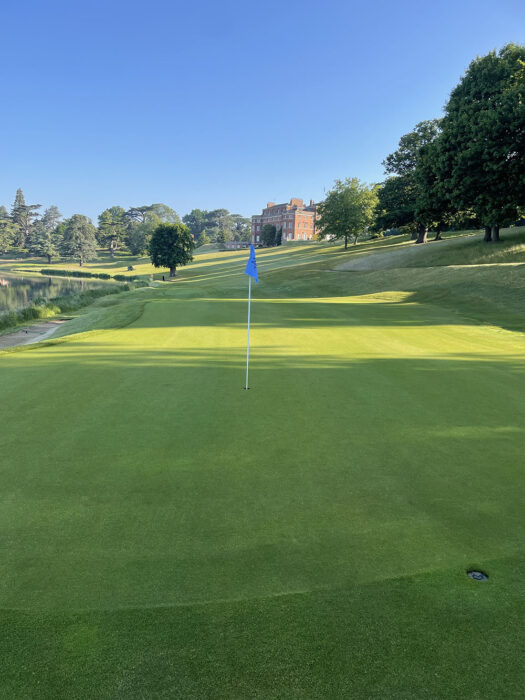
How do you market the venue?
Historically the marketing of the venue has been very reliant on Brocket Hall and its instant recognition and reputation. However, following the transition to the new management company, the marketing has been more focussed on highlighting product improvements and member benefits of the golf club itself.
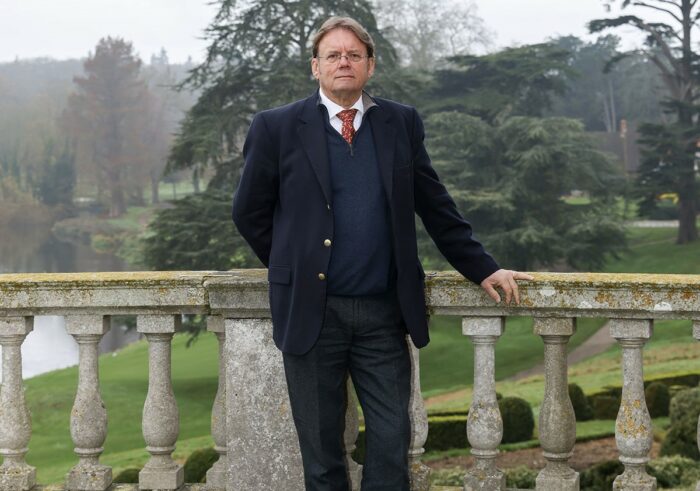
Awareness of these improvements and changes has been via members’ word-of-mouth and ongoing social media posts, supported with consistent and regular member and guest communications via direct mail. The member referral programme is the most important marketing tool for the club with the majority of our members by a significant margin joining through the referral programme.
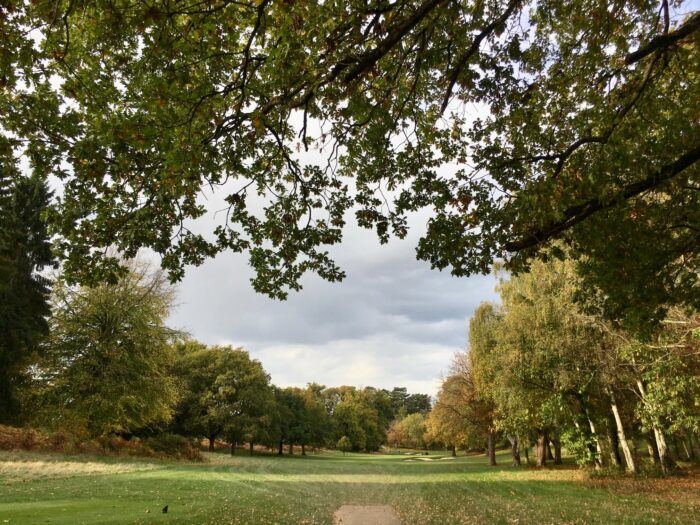
What are your predictions for the next few years for the UK golf industry?
The surge in popularity due to Covid and its restrictions will probably sustain interest for a time. Unfortunately, however with the anticipated recession and the timing of the cost-of-living crisis, I envisage some of the interest for new golfers will wane faster than we would have first thought.
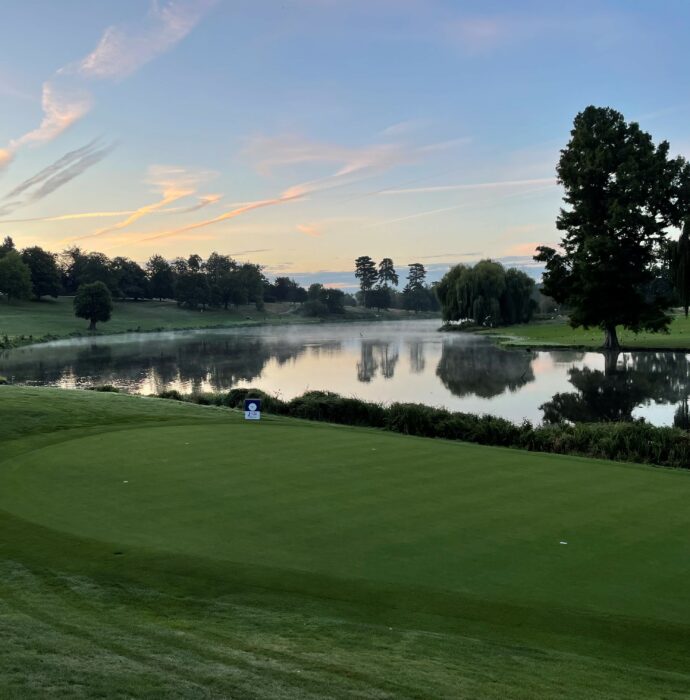
That said, there has been an influx of new golfers who will continue with the game and I believe that they will tend to gravitate to clubs, whereas previously they would have been itinerant golfers always looking for different venues with no permanent club. There will be a continued drive by developers to acquire poorly-performing clubs in good locations for real estate development, which will reduce the availability in some areas therefore assisting the better clubs with member recruitment. Those clubs that remain operational are going to have to up their game to meet the demands of the new and existing pool of golfers. I don’t believe that the new golfers will be as accepting of the historical standards of golf clubs that have been reliant on their traditional core membership. I also feel that the golf club will need to broaden its offering to encompass more members of the family, some of whom will not have an interest in golf. Although I am sure there will always remain a market for the golf-only clubs, the demand for clubs that encourage the participation and interest of the whole family will be the growth market currently and for the future.

For more information, visit www.brocket-hall.co.uk and www.igrm.co.uk















Let me tell You a sad story ! There are no comments yet, but You can be first one to comment this article.
Write a comment